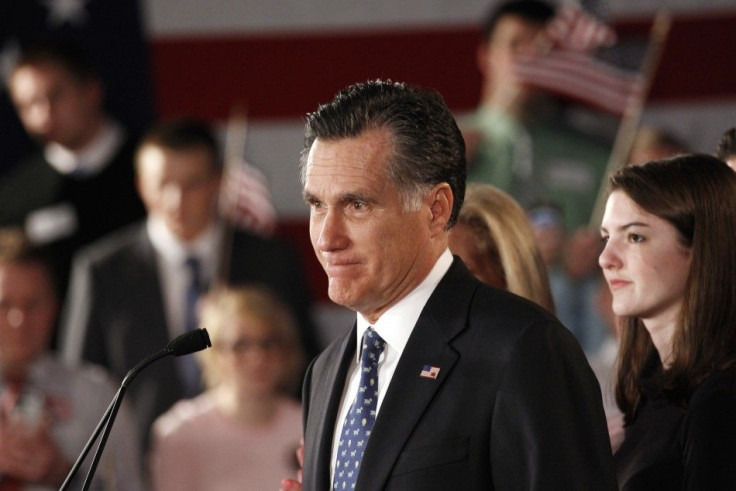Romney Not 'Concerned For Poor,' But Low Income Republicans Say Government Does Too Little: Poll

Mitt Romney may not think the poorest American's are in need of the same assistance as the nation's middle class, but there is one significant group of voters that say otherwise: low-income Republicans.
More than half, 57 percent, of Republican or Republican-leaning voters with family incomes of $30,000 or less believe the government does not do enough to assist the poor, according to a new survey from the Pew Research Center, countering traditional GOP talking points that demonize the expansion of government social safety nets as extensions of big-government bureaucracies.
In what is perhaps an unsurprising contrast, higher-income Republicans took the opposite view by roughly two-to-one, with 44 percent of the highest earning group -- those with family incomes of at least $75,000 a year -- telling Pew the government currently does too much to help the nation's poor, compared to the 21 percent who said it should do more. Even mid-range earners -- those making between $30,000 and $75,000 -- were more likely to say the government did too much, 40 percent, rather than too little, 32 percent.
Lower-income Republicans may see the need for increased government assistance for the poor, but that doesn't mean they have a generally positive view of the federal government. Those making under $30,000 were more likely to say they felt angry with the federal government, 34 percent, although the survey determined the highest-earning GOP voters were angrier than mid-income Republicans, 31 percent and 24 percent, respectively.
Trust in Government
A huge majority of Republicans across the three income brackets said they trusted the government only some of the time or never. However, the affluent group was most likely to express that sentiment, 91 percent, compared to 89 percent of mid-range earners and 85 percent of the lower-income group.
Lower-income Republicans also have a decidedly different view about the fairness of the U.S. economic system compared to their higher-earning counterparts. A December 2011 Pew survey found that 51 percent of Republicans and GOP leaners making less than $30,000 believe the economic system favors the wealthy, while 49 percent said Wall Street hurts the American economy more than it helps, and 70 percent said corporations and the wealthiest Americans have too much power.
Considering that about a quarter of the Republican and Republican-leaning registered voters are low-income, Mitt Romney, currently the presumed GOP presidential nominee, has a considerable amount of work to do before he can confidently earn their votes in November.
In fact, Romney's campaign contributions reflect his disconnect from lower-income Republicans. Out of the impressive $56.4 million the Romney campaign has collected toward his presidential bid, only 9 percent consists of small individual contributions of $200 or less, according to Federal Election Commission data. Meanwhile, President Barack Obama's reelection campaign, which has raised an outstanding $125 million, has received almost half, 47 percent, of its funds from small-dollar contributors.
--
© Copyright IBTimes 2025. All rights reserved.




















